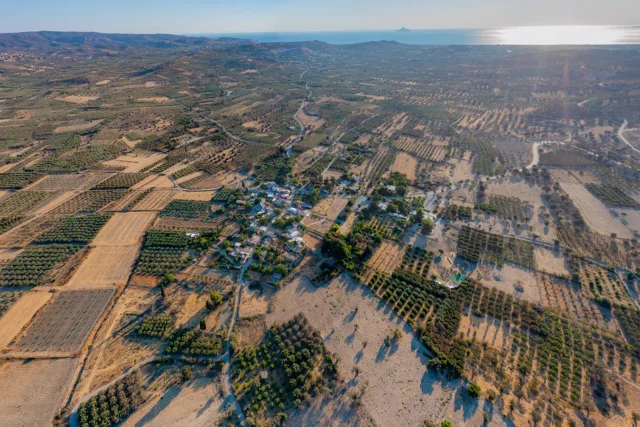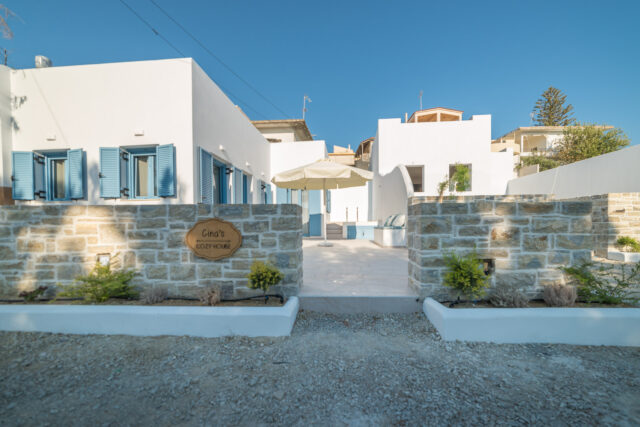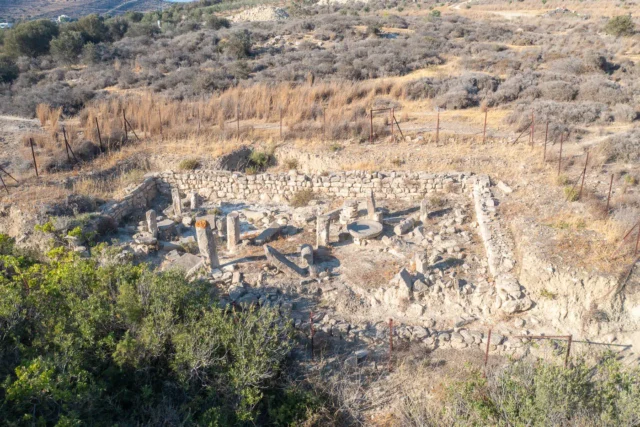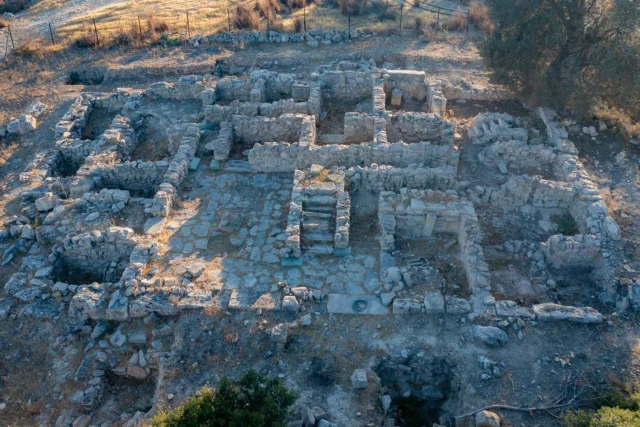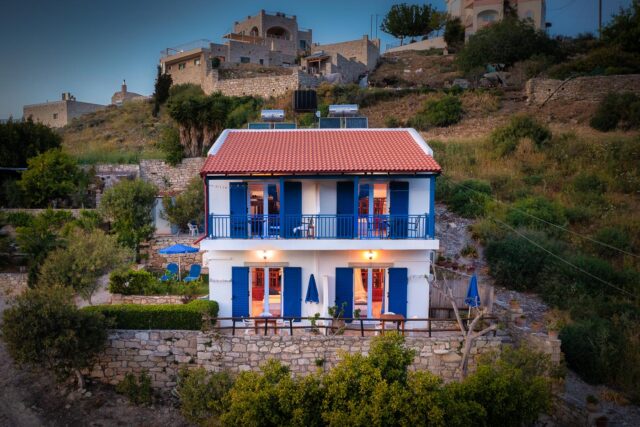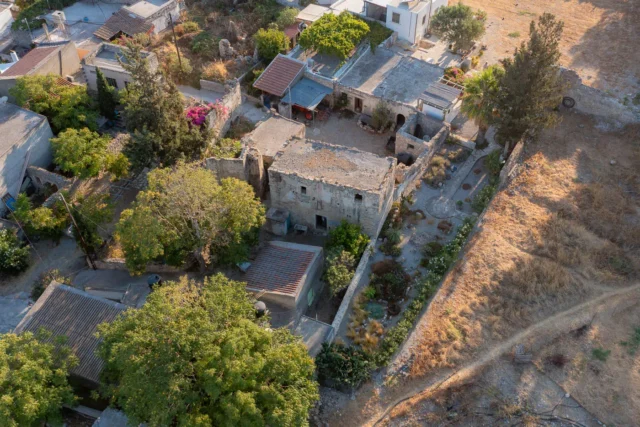
Festos (Phaistos)
8:00 am - 8:00 pm
Phaistos, a significant Minoan city in Crete, second in importance to Knossos, located in the Messara Plain. It dates back to 4000 BCE with a palace built in 1900-1700 BCE. The city was destroyed by an earthquake around 1700 BCE and rebuilt with a larger palace. Phaistos had connections with Knossos, Hagia Triada, and Gortyn. Important findings include the Phaistos Disk, Kamares Ware, and architectural remains. After a decline, Phaistos was reoccupied in the Hellenistic period (c. 323-67 BCE) until conquered by Gortyn.

Kalamaki
Kalamaki Beach, located on Crete's south coast near Kamilari, is a long stretch of golden sand facing Messara Gulf and Paximadia islets. Known for its relaxed atmosphere, the beach offers both organized areas with sunbeds and umbrellas, and secluded natural spots. However, the seabed composition can create strong winds, waves, and currents, requiring caution for young children and weak swimmers. While Kalamaki caters to various preferences, the southeast end transitions into the naturist-friendly Kommos Beach.

Kamilari Roman graveyard
The Roman Tombs of Kamilari, located in southern Crete, are an archaeological site that offers a glimpse into the island's history during the Roman period. Discovered in 2010, the tombs are situated at the foot of Evgora Hill, close to Metochi Kamiliariou. The area was known locally as "Xospilios," possibly derived from the Greek word for cave ("spilaio"). The tombs are estimated to have been constructed around 50 AD, based on discovered coins, and provide valuable insights into Roman burial practices. The site is under the supervision of the Archaeological Service.
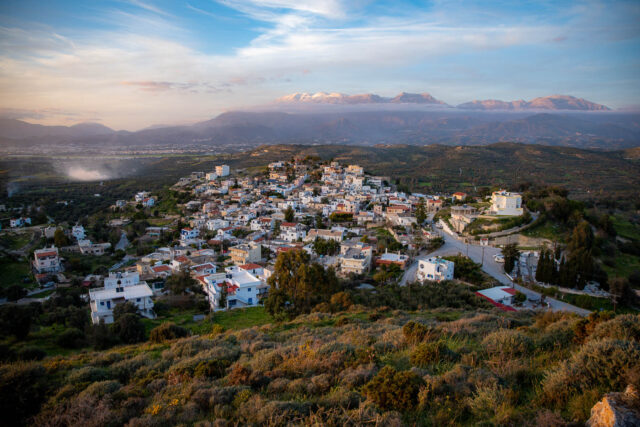
Kamilari, Phaistos
Kamilari is a village in the Asterousia mountains of Crete. Its history dates back to the Minoan era. The village's name, first recorded in 1370, is likely derived from the Byzantine family name "Kamelaris" or the term "Hamilon Oros," meaning "Low Mountain."
Kamilari is archaeologically significant, with nearby sites like the Minoan palace of Phaistos and the Kamilari Tholos Tomb. The discovery of a bothros containing terracotta figures from the Geometric period confirms the area's long history of human presence.
The village's Cultural Association works to preserve local traditions and customs. Kamilari offers a unique experience for visitors to Crete.

Mana Elia, ancient olive tree
The Monumental Olive Tree, or “Mana Elia,” is a 2,800-year-old olive tree located in Kamilari, Crete. It has been designated a natural monument due to its size and historical significance. The tree has a base perimeter of 9.5 meters and its trunk is marked by age. The Kamilari Cultural Association has placed twelve large stones around the tree for protection. Eight of the stones are carved with the double axe symbol associated with the Minoan civilization. Mana Elia is near the Kamilari Tholos Tomb and the Minoan Palace of Phaistos. It is a “Thrombolia” variety olive, locally called “Hontrolia,” grafted onto a wild olive rootstock. This grafting technique ensures the tree’s continued health. Mana Elia is a popular tourist attraction and represents Crete’s history of olive cultivation. It is valued for its historical and cultural significance.

Tholos Tomb of Kamilari
The Tholos Tomb of Kamilari, located on a coastal hill near Phaistos in Crete, is the largest and most well-preserved Minoan tholos tomb. Constructed around 1900 BC, it offers valuable insights into Minoan funerary practices. The tomb's proximity to Agia Triada and Phaistos suggests a connection to the elites of these settlements. The Kamilari cemetery includes three tholos tombs, with Tholos A being the most preserved, featuring a circular chamber, external rooms, and an open-air courtyard. Tholos B and C are partially preserved, with Tholos C repurposed as a shrine dedicated to Demeter and Kore. A research project is underway to study the cemetery, including its stratigraphy, artifacts, and human remains. The project aims to understand the changing mortuary behavior and social choices of the communities who used the cemetery over centuries.



